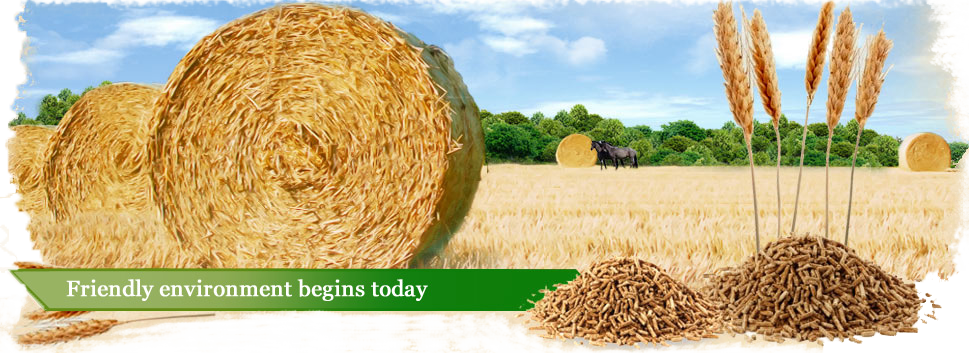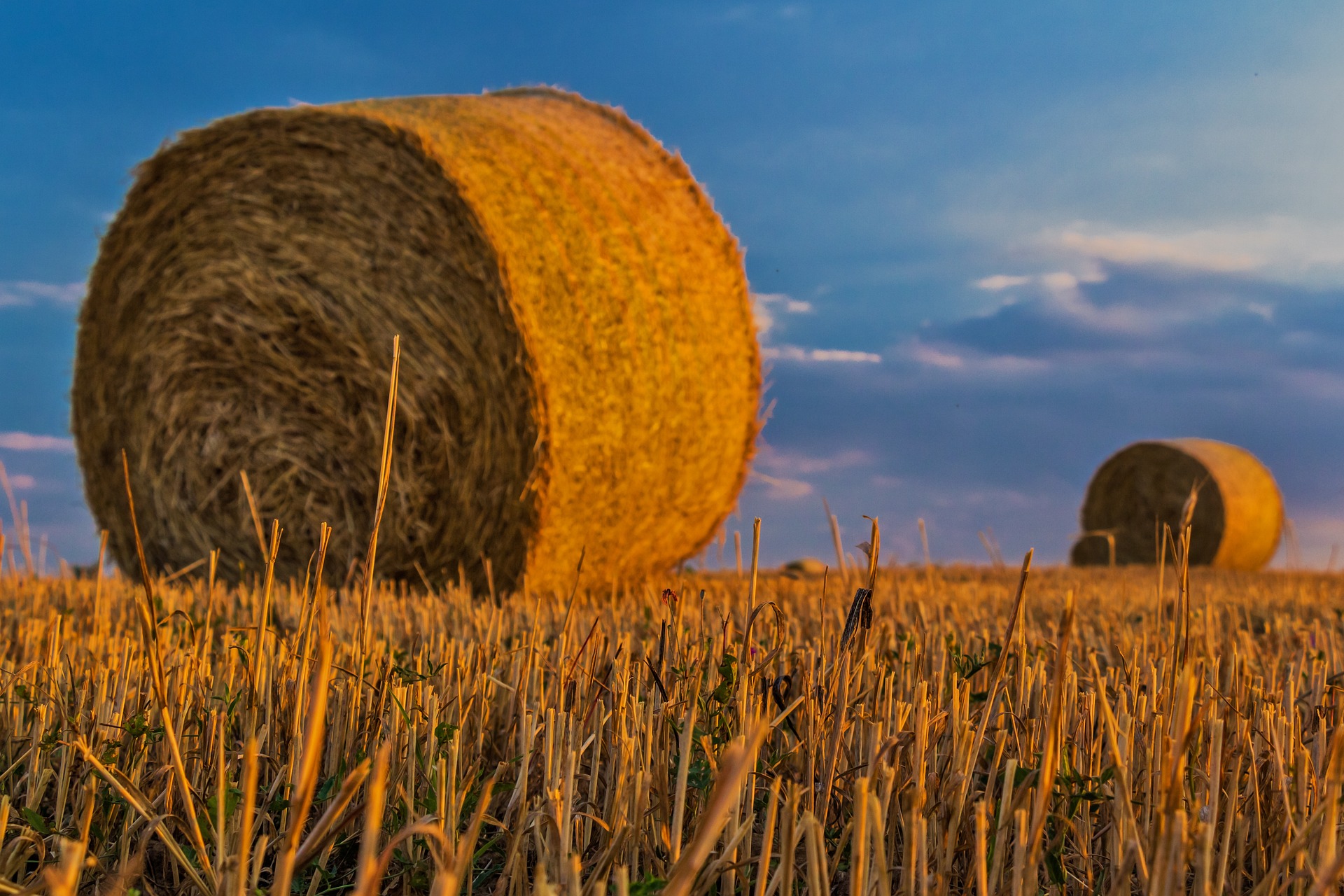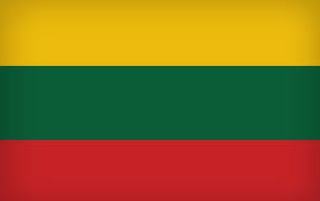
Hay (Natural Grass) Pressed

The Benefits of Hay Feeding for Horses: Quality, Nutrients, and Cost-Effectiveness of Pressed Hay
Hay is a natural grass that has been harvested, dried, and pressed into bales. It is a common feed for horses, cows, goats, sheep, and other grazing animals. Hay is a great source of nutrition for these animals, as it contains essential vitamins, minerals, and roughage that are necessary for their overall health and well-being.
-Hay is a renewable resource that is widely available and relatively inexpensive.
-It is a natural source of vitamins, minerals and roughage that are essential for the health of horses and other grazing animals.
-It is a great alternative to feeding animals with processed feed, which can be costly and less nutritious.
-Hay is a great source of fiber, which is important for maintaining healthy digestion and preventing colic in horses.
-It is also a good source of protein, which is necessary for the growth and maintenance of muscle mass.
-The quality of hay can vary greatly depending on where it is grown, and what type of grass it is made from. It is important to choose hay that is of high quality and free of mold, dust, and other contaminants.
-Hay can be stored for long periods of time, making it a convenient feed option for farmers and horse owners.
-It is important to ensure that hay is properly stored to maintain its nutritional value and prevent spoilage.
-Pressed hay is an alternative to loose hay, in which hay is pressed into a bale, making it more compact and easy to handle and transport.
-Pressed hay is also more cost-effective to transport and store than loose hay, which can save farmers and horse owners money in the long run.

In conclusion, hay is a natural and healthy feed option for horses and other grazing animals. It is a renewable resource that is widely available, relatively inexpensive, and provides essential nutrients for the overall health and well-being of the animals. Pressed hay is a great alternative to loose hay, as it is more compact and easy to handle, and can save farmers and horse owners money. It’s also important to choose high-quality hay, stored and handled properly to maintain its nutritional value.
Hay (Natural Grass) Pressed
The Benefits of Hay Feeding for Horses: Quality, Nutrients, and Cost-Effectiveness of Pressed Hay
Hay is a natural grass that has been harvested, dried, and pressed into bales. It is a common feed for horses, cows, goats, sheep, and other grazing animals. Hay is a great source of nutrition for these animals, as it contains essential vitamins, minerals, and roughage that are necessary for their overall health and well-being.
Hay is a renewable resource that is widely available and relatively inexpensive.
It is a natural source of vitamins, minerals and roughage that are essential for the health of horses and other grazing animals.
It is a great alternative to feeding animals with processed feed, which can be costly and less nutritious.
Hay is a great source of fiber, which is important for maintaining healthy digestion and preventing colic in horses.
It is also a good source of protein, which is necessary for the growth and maintenance of muscle mass.
The quality of hay can vary greatly depending on where it is grown, and what type of grass it is made from. It is important to choose hay that is of high quality and free of mold, dust, and other contaminants.
Hay can be stored for long periods of time, making it a convenient feed option for farmers and horse owners.
It is important to ensure that hay is properly stored to maintain its nutritional value and prevent spoilage.
Pressed hay is an alternative to loose hay, in which hay is pressed into a bale, making it more compact and easy to handle and transport.
Pressed hay is also more cost-effective to transport and store than loose hay, which can save farmers and horse owners money in the long run.
In conclusion, hay is a natural and healthy feed option for horses and other grazing animals. It is a renewable resource that is widely available, relatively inexpensive, and provides essential nutrients for the overall health and well-being of the animals. Pressed hay is a great alternative to loose hay, as it is more compact and easy to handle, and can save farmers and horse owners money. It’s also important to choose high-quality hay, stored and handled properly to maintain its nutritional value.

